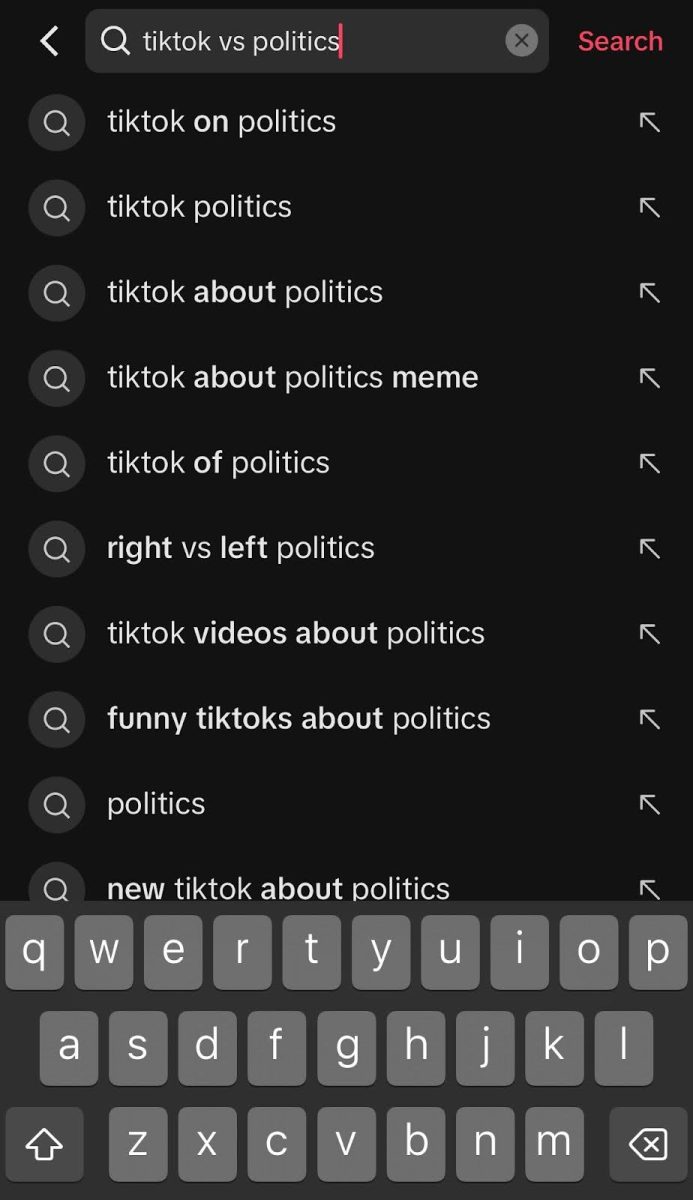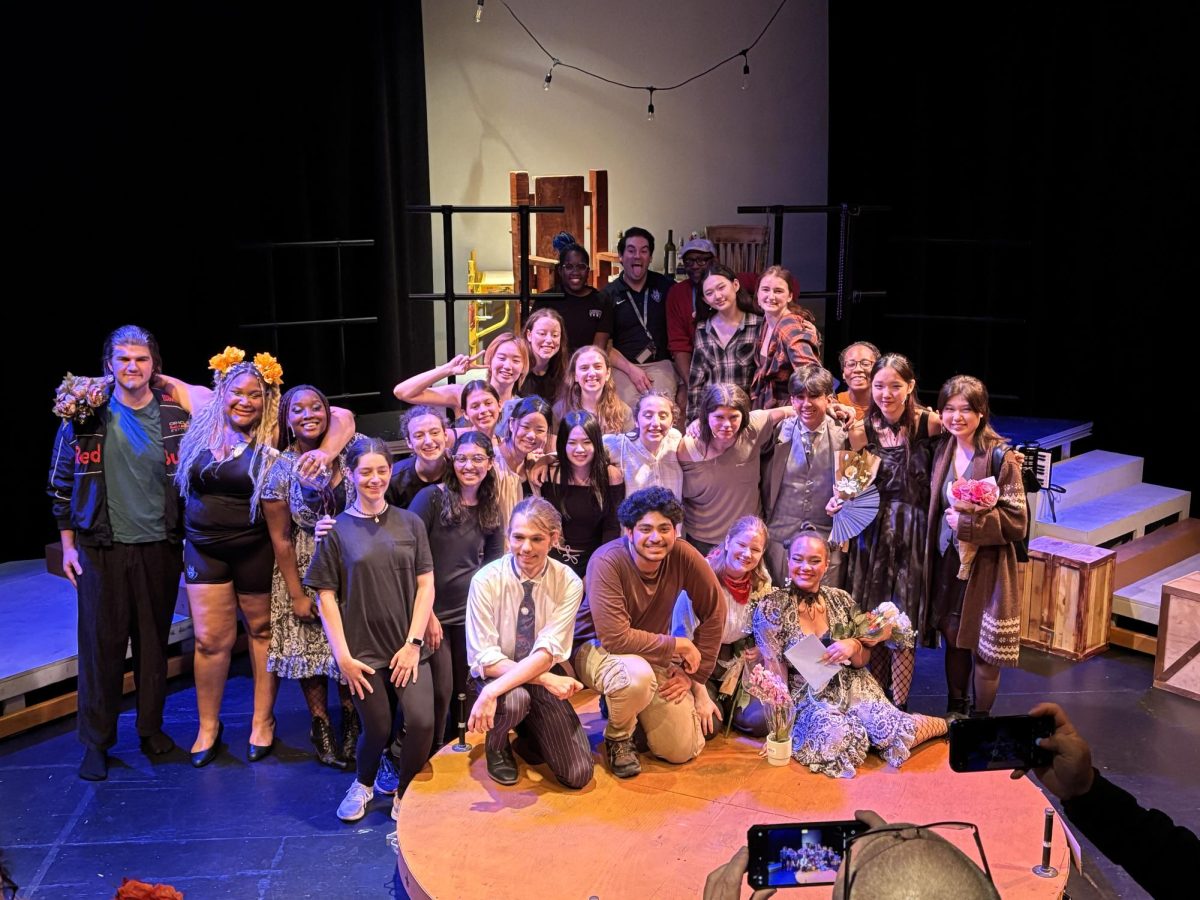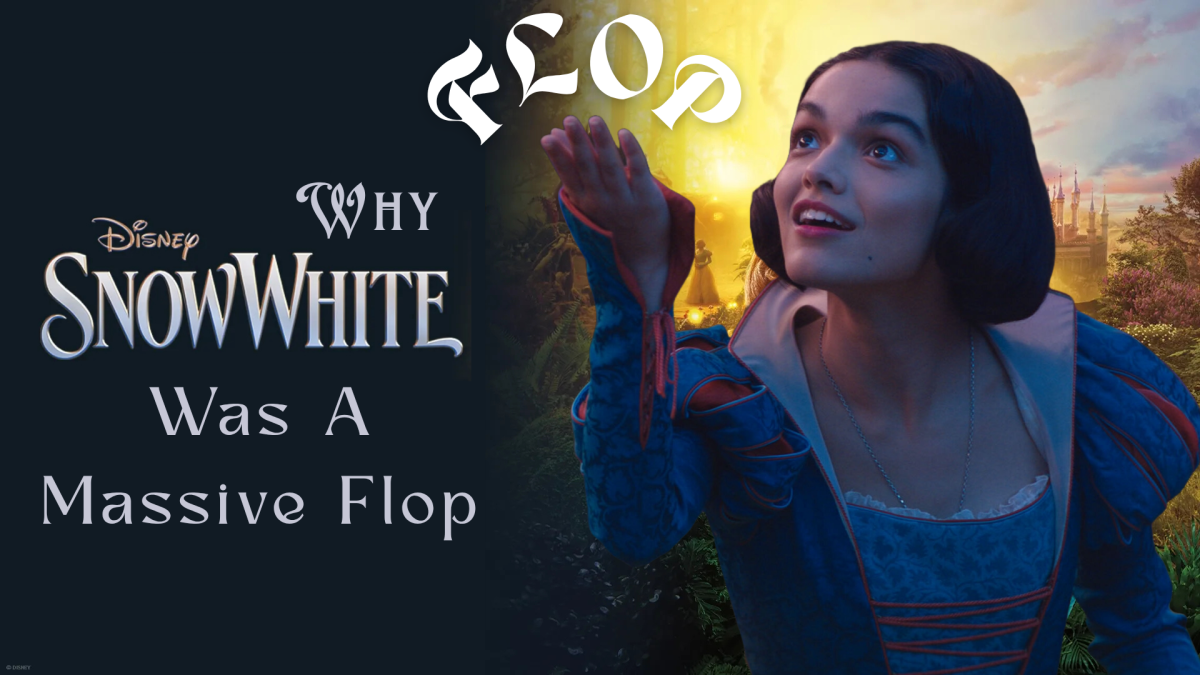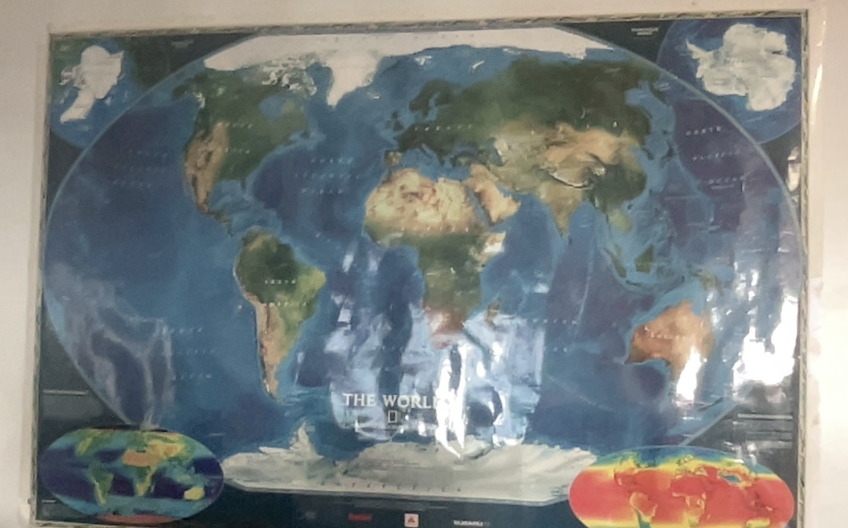Have you ever spent hours scrolling through TikTok? Although we have seen viral dances, lip-syncs, cooking tutorials, and cool trick shots that we probably won’t ever be able to master, TikTok is more than just trendy challenges and funky music. It’s not just about the viral dance challenges anymore; CBS reports that “two-thirds of American teens use TikTok as a place to shop, discuss sports, glimpse fashion trends, and educate themselves on political news.”
TikTok is a short-form video hosting service owned by ByteDance, a multinational internet technology company based in China. The platform was originally launched in China in 2016 under the name Douyin and was later introduced to other markets worldwide as TikTok in 2017. Since 2018, TikTok has gained immense popularity and is now available in over 160 countries; it has over 1.1 billion active monthly users and has been downloaded over 220 million times in the United States alone according to Wallaroo Media.
While this new kid on the block may not be a direct participant in the upcoming election race, its influence on political conversations and the spread of information should not be underestimated. TikTok became a popular venue where millions of young Americans express their political views, promote their favorite candidates, and even react to political news. Seeing the opportunities, political parties started jumping into TikTok, using it as a new campaigning weapon, hoping for a better approach to their young voters (and it’s working). The impact of TikTok is more significant than it was anticipated; this platform was supposed to be the future of political communication.
TikTok’s popularity is undeniable at this moment, but the platform has also sparked concerns among government officials across the United States. The fears about whether the Chinese-owned social media platform collects US citizen data for the Chinese government have led to several bans on military computers as well as policymakers’ personal devices. In fact, in 2020 the Trump administration threatened to ban TikTok in the US and pressured ByteDance to sell it to a US company due to concerns about China’s influence over the platform. Since the legislative action last fall, the threat posed by TikTok has been effectively eliminated when President Joe Biden signed a bipartisan law prohibiting the app on federal government phones. Many state governments did the same and lawmakers across the spectrum were calling for broader bans on the app — warning of national security risks stemming from the Chinese government’s ability to access American user data, Politico reported.
Despite TikTok facing a potential ban and growing national security concerns, a few politicians are still hanging on and posting through it. The platform’s benefits are too great to ignore, even with concerns about TikTok’s impact on privacy and the spread of misinformation. Even after the TikTok ban senate bill last June, the official TikTok page of the Democratic Party (@thedemocrats) is still active to this day! With 504.5 thousand followers and 12.6 million likes, the page has launched “more age-approachable” posts to its audiences on this app, which is working. Some examples I found really interesting were seeing them sending a goodbye to their political rival – George Santos, under Taylor Swift’s song – “Bigger Than the Whole Sky” or making you get “Josh Hutcherson’d” (a trendy prank – similar to Rick Rolled years before) by the President Biden himself.
“While the right video can reach hundreds of thousands or even millions of viewers, TikTok also works in reverse, giving politicians and advocacy groups a window into the concerns of millions of young Americans whose political influence will only grow,” said Ellen Sciales, director of communications for the Sunrise Movement (a youth-led organization that works to address climate change). “Younger voters will judge candidates based on their stances on issues instead of whether they’re on TikTok or not, adding that those who stay off the platform are missing out on a powerful tool for organizing and communicating with their young voters.”
TikTok is still a gamble some lawmakers say they’re not willing to take.
References:
CBS Politics (2022, September 30) Candidates recognize the power of TikTok, “for better or worse”, cbsnews.com.
https://www.cbsnews.com/news/candidates-turn-to-tik-tok-midterms/
Brandon Doyle (2023, December 12) TikTok Statistics, wallaroomedia.com
https://wallaroomedia.com/blog/social-media/tiktok-statistics/
Nancy Scola (2023, August 25) Will Politicians Ban Their Best Way of Reaching Young Voters?, politico.com. Politico
https://www.politico.com/news/magazine/2023/08/25/tiktok-influencers-campaigns-bowman-00111497
Gavin Bade (2023, October 9) Lawmakers shift gears on TikTok ban, politico.com. Politico
https://www.politico.com/news/2023/10/09/what-happened-to-the-tiktok-ban-00120434








